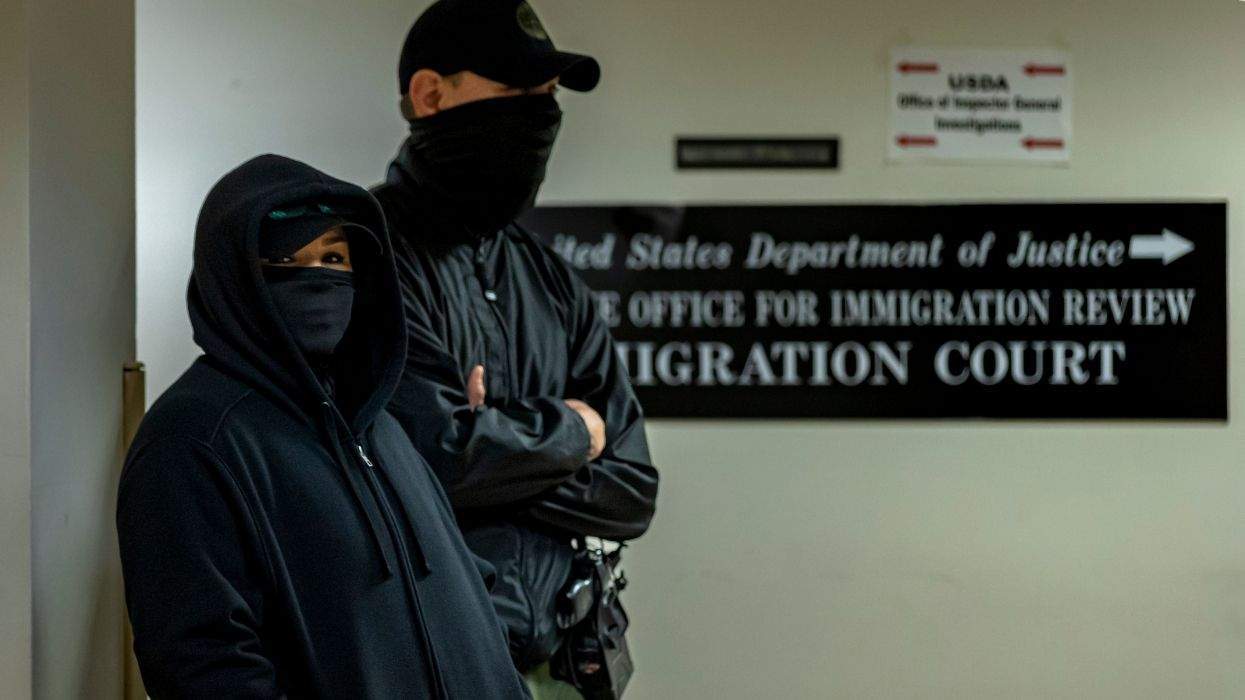An elementary school principal in South Carolina was correct when she decided to keep a student's supportive essay about transgender people out of a school publication, a federal appeals court ruled Tuesday.
As part of an assignment to write a 100-word essay on "society," a 10-year-old fourth-grader wrote about being nice to trans people. "I don't know if you know this but peoples view on Tran's genders is an issue," the essay read. "People think that men should not drees like a women, and saying mean things. They think that they are choosing the wrong thing in life. In the world people can choose who they want."
All of the fourth-grade class's essays were supposed to be collected into a book that would be given to students' families, but when principal Elizabeth Foster of Anderson Mill Elementary School in Moore, S.C., saw the trans-supportive essay, she deemed it inappropriate.
Foster met with the student's mother, Hannah Robertson, and told her the essay wouldn't be included because it would "make other parents upset ... due to the type of school this is, the people that work here and the students and families of the students that go here," and would create an "undesirable situation at the school," according to the lawsuit filed by Robertson in U.S. District Court in 2019. Foster also said it was "not age-appropriate to discuss transgenders, lesbians and drag queens outside of the home." Foster frequently raised her voice in the conversation with Robertson, whose daughter became afraid of encountering the principal, the suit says.
The court dismissed the suit, and the family appealed to the U.S. Court of Appeals for the Fourth Circuit. A three-judge panel of the Fourth Circuit upheld the lower court's ruling Tuesday, rejecting Robertson's complaint that the child's First Amendment rights were violated, Courthouse News Service reports.
Writing for the panel, Judge Stephanie Thacker cited the 1988 Supreme Court decision in Hazelwood School District v. Kuhlmeier, which declared that schools could censor students as long as it was "reasonably related to legitimate pedagogical concerns."
The "legitimate pedagogical concern" in this case? According to Thacker, "Principal Foster's initial refusal to include [the student's] essay in the fourth grade class's essay booklet was actuated at least in part by her concern that the essay's topic was 'not age appropriate' for fourth graders," and that meets the standard.
But other courts have found there's nothing "inherently age-inappropriate about speaking in support of an LGBTQ family member," Paul D. Castillo, counsel and students' rights strategist with Lambda Legal, told the news service via email.
"Fourth graders can understand the basic principle of treating all people with dignity and respect, including a grandparent who also happens to be transgender," wrote Castillo, who is not involved in the case. "Even the youngest elementary school student can grasp the anti-bullying concept that 'hate hurts.'" The lawsuit, by the way, says the student has a grandfather who is gay, not trans.
Robertson could appeal to have the case heard by the full Fourth Circuit, but it isn't clear if she will do so. Courthouse News Service sought comment from her attorney, Eric Poston, but had not reached him by press time.















